When the life of John Paul II was at stake, prayers and wishes for a speedy recovery were flowing to the Vatican from all over the world. The cables were sent by the leaders of world powers, the governments of African and Asian countries, and even by communist dignitaries. What can you find in them?
On May 13, 1981, as one journal wrote, "clocks stood in Poland". Television surprised the citizens by broadcasting the statements of the press spokesman of the Episcopate, Father Alojzy Orszulik, who read the declaration and called for services to be held in all Polish churches in the intention of the Pope's recovery. Not only countrymen prayed for this intention; the attack caused a huge stir around the world.
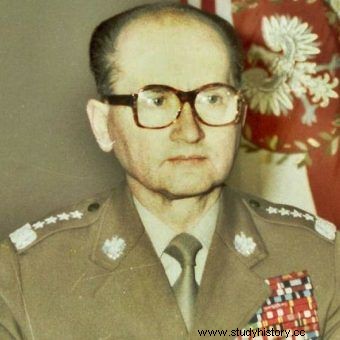
One of the first leaders to send out a cable condemning the attack was Wojciech Jaruzelski.
Leaders, also from socialist countries, sent health greetings to the Holy Father and criticized the act of terrorism, although it was suspected that the communists were behind it.
Man shoots, God carries bullets
Why did Mehmet Ali Agca attempt to murder John Paul II? In an interview in 2016 with Jacek Tacik, the author of the book "Zamach. John Paul II - May 13, 1981. Conspiracy. Investigation. Confession, ”he stressed, he considered himself… a tool in God's hands:“ I was in Rome three times in April 1981. I stood in the crowd in St. Peter's Square and watched John Paul II. I realized he would be my victim. ”
The attacker shot John Paul II from a 9-millimeter Browning from a distance of less than three and a half meters in the presence of twenty thousand pilgrims and tourists gathered for a weekly general audience in St. Peter. It hit the Pope in the stomach, the bullet went through. He tore the colon, pierced the small intestine, and passed through the sacral venous plexus. It miraculously passed the aorta and other vital organs.
Also, by a miracle, Professor Francesco Crucitti, who headed the operating team, reached the hospital in a flash. For five hours, the Pope, in critical condition, was operated at the Agostino Gemelli polyclinic. Just before the operation, Father Stanisław Dziwisz gave him the sacrament of anointing the sick.
However, the Holy Father was - as he later recalled - convinced that his wounds were not fatal. When he realized that Agca was trying to take his life exactly on the anniversary of the first apparition at Fatima, he no longer had any doubts that it was Our Lady who was behind his miraculous rescue. "Someone's hand was shooting, but another hand was guiding the ball," said the Pope.
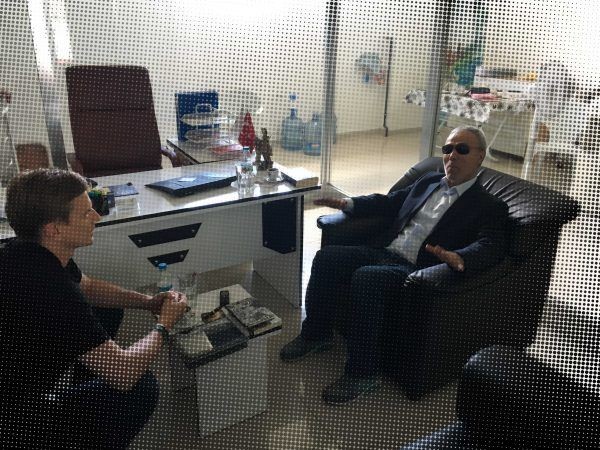
Jacek Tacik in conversation with Mehmet Ali Agca.
John Paul II quickly returned to the health and duties of the head of the Church. Already four days after the attack, the Angelus said through Vatican Radio. The whole world heard the words:"I am praying for the brother who hurt me and whom I have sincerely forgiven." Interestingly, just a week before the attack, the Pope took a stand on terrorism - welcoming the new contingent of the Swiss Guard, he said:"Let us ask God to keep rape and fanaticism away from the walls of the Vatican."
Deeply outraged First Secretary
In Poland, the attempted attack on the Pope caused a shock and met with criticism, also from the Warsaw regime. Two days after the attack, the Joint Commission of the Government and the Episcopate met, and the then Minister and Deputy Prime Minister Kazimierz Barcikowski opened the session with the statement that "May started badly for Poland". However, the search for the guilty was not dealt with then.
The Soviets never concealed their dislike of the Pope. The director of the KGB, Yuriy Andropov, emphasized in a secret memorandum that the Polish pope was an enemy of the USSR, and the then minister of foreign affairs of the USSR, Andrei Gromyko, claimed that Warsaw was "crawling on his knees" before the pope. Now, however, all insinuations that the Soviets were behind the attempt to get rid of the inconvenient pope were cut off.
The Soviet press tried to accuse the United States of the attack. The pope, it was said, was inconvenient to the US government due to the White House policies in the Middle East and El Salvador. Leonid Brezhnev sent to the recovering Pope a concise message in which he wrote:“I am deeply disturbed by the attack committed against you. I wish you a quick and complete recovery. ”
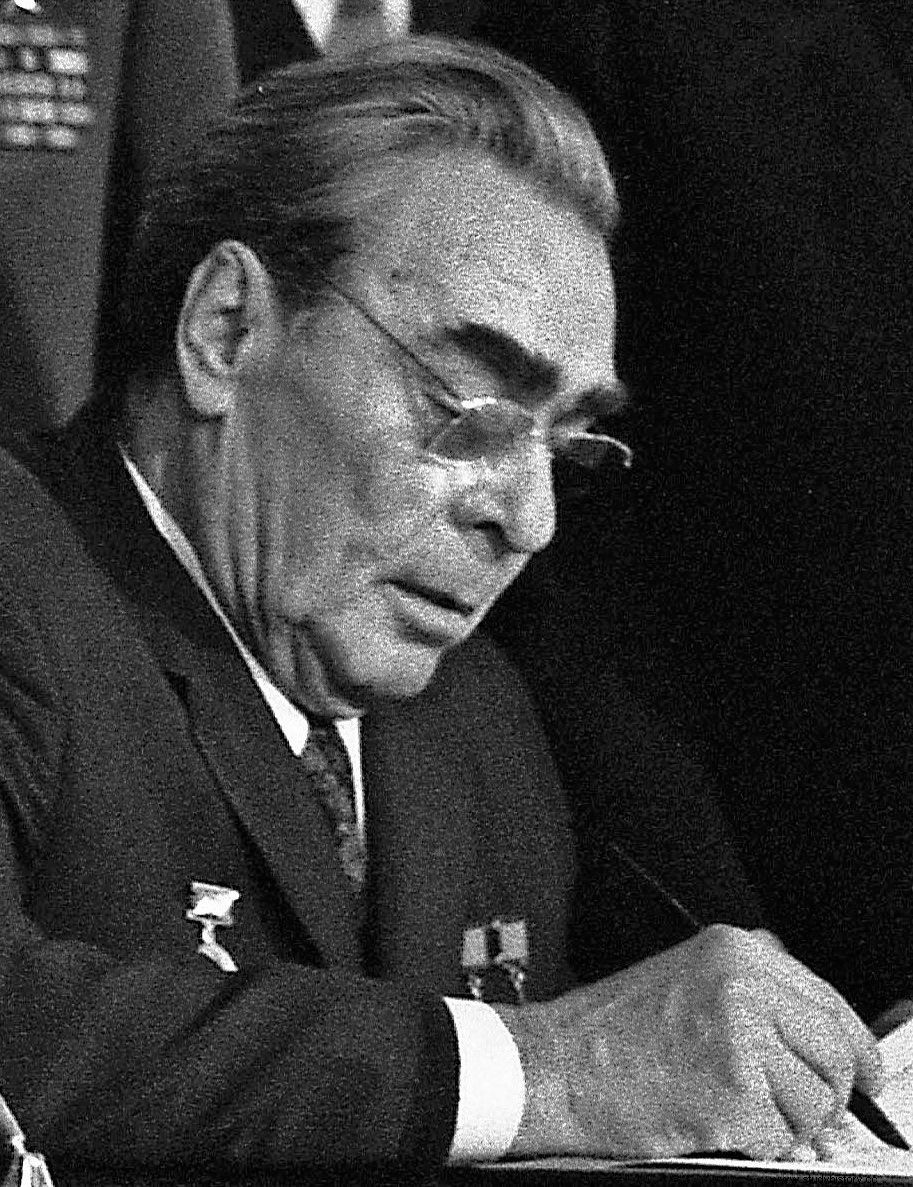
Even Leonid Brezhnev, the first secretary of the Communist Party of the Soviet Union, sent a telegram to the Vatican.
Also general Wojciech Jaruzelski was agitated by the mean, as he said, attempted an attack "on the head of the Catholic Church, on a great patriot and a person who was able to unite people". In an officially sent message to the Vatican, together with Stanisław Kania, the first secretary of the Central Committee of the Polish United Workers' Party, and the chairman of the State Council, Henryk Jabłoński, he addressed the Holy Father, inconvenient for the communist government:
The news of the attack on Your Holiness deeply touched our society and the government of the Polish People's Republic. In these difficult moments, we send from your homeland our wishes for a quick recovery of the strength necessary to carry out your mission in the service of the humanitarian ideals of peace and welfare of humanity.
The cables came not only from Warsaw and the Kremlin, but from the entire Eastern Bloc. The President of Yugoslavia, Cvijetin Mijatović, sent the Holy Father "warm wishes for a quick and full recovery and a return to the mission of peace and understanding between nations", and the President of the Socialist Republic of Czechoslovakia, Gustav Husak, with "best wishes for a quick and complete recovery" expressed his deep indignation and condemnation of the coup.
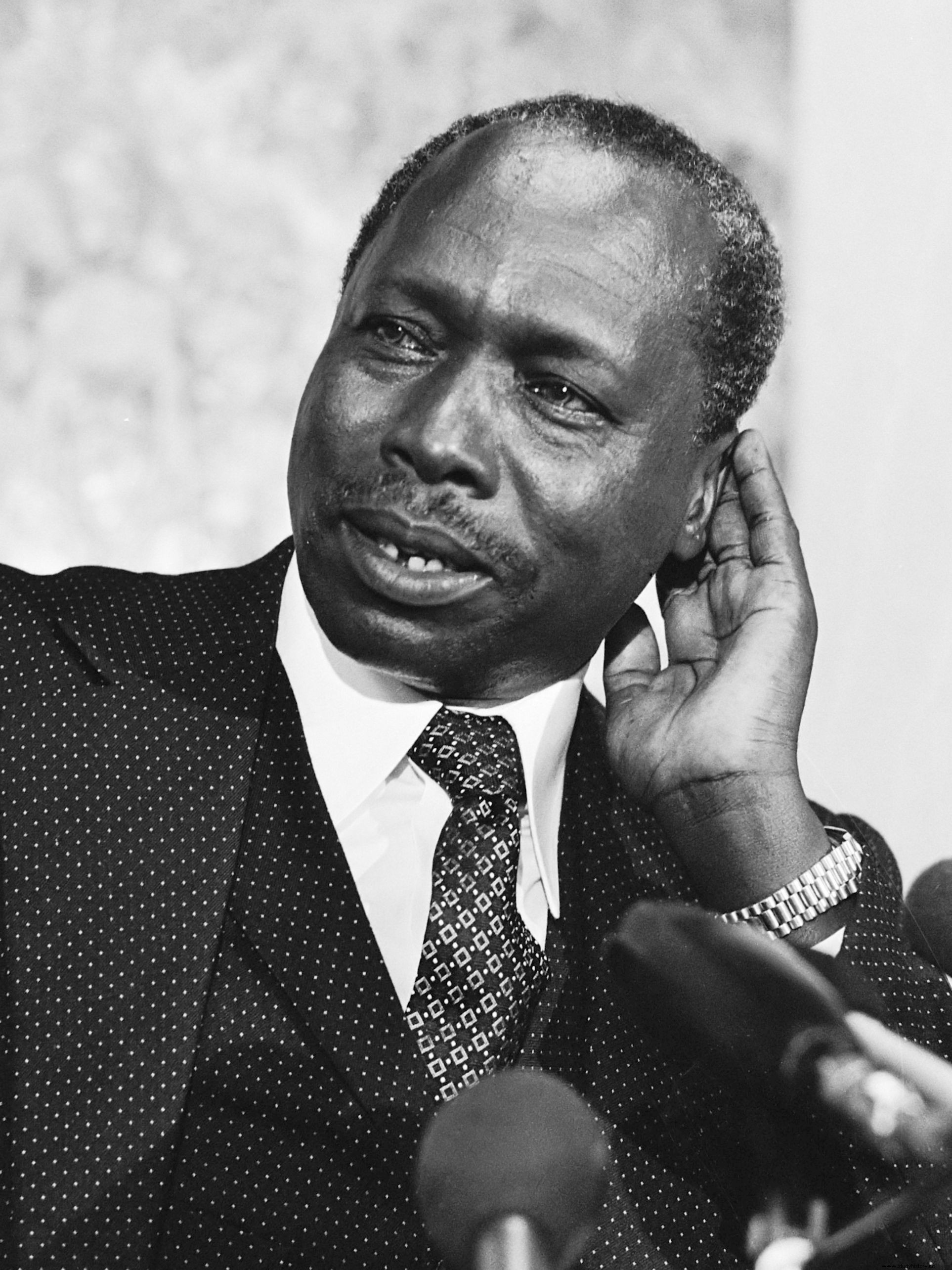
Messages with wishes for the Pope were sent from all over the world. Also from the President of Kenya, from Daniel Arap Moi.
Also, leaders from other continents sent the Pope their expressions of support and prayers, including those who valued the rule of a strong hand as much as their deep faith. President Felix Houphouet-Boigny, who ruled authoritarily for three decades, wrote:“On behalf of the Côte d'Ivoire people, their government and my personal one, I send you our heartfelt wishes for recovery, so that you can resume the great mission of evangelization in the service of justice and peace as soon as possible. Our pleading prayers accompany you in this difficult trial. ”
In turn, President Daniel Toroitich Arap Moi, who ruled Kenya despotically for two and a half decades, emphasized that he had learned about the attack "with horror and pain" and added that "the people of Kenya and all people of good will in the world pray that you could recover quickly and continue your sacred mission. ”
Bulgarians, Russians or the Vatican?
After the attack, Agca gained international fame, his trial was reported in the biggest newspapers, the photo was on the cover of Time, and the inhabitants of his hometown of Hekimhan were proud of him. His five minutes passed quickly and the world never knew the truth about the assassination.
Over the years Agca has changed versions of events, accusing either himself or countries such as Bulgaria, Russia, Iran, and even ... the Vatican. A certain lead was suggested by General Jaruzelski, who stated that the attack on the Pope reminded him of the murder of Father Popiełuszko. His statement is quoted by Jacek Tacik in the book Zamach. John Paul II - May 13, 1981. Conspiracy. Investigation. Confession ":
Four killers were sentenced. Why did neither of them expose the principals? After all, they were facing the death penalty! Why is one of them - Grzegorz Piotrowski, who is at large and who is in no danger anymore - constrained? I'm sure someone must have inspired them. Maybe not directly, but they couldn't act in isolation.
Stefan Olszowski, the minister of foreign affairs of the People's Republic of Poland, agrees with him, who emphasized that Agca did not act alone, "someone had to buy him a gun, give him money for the trip and draw up a plan to escape." The Warsaw regime suspected Bulgarians, but in a conversation with General Jaruzelski, the first secretary of the Bulgarian Communist Party, Todor Zhivkov, said that they would not be that stupid and would obliterate all traces of themselves. "We have nothing on our conscience," he concluded.
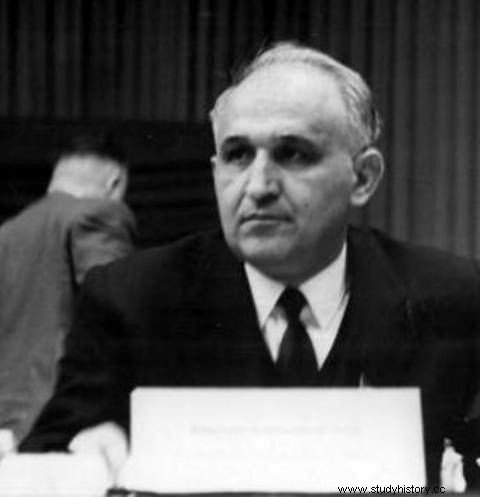
The accusations of inspiration for the attack were made, among others, on the Bulgarians and Todor Zhivkov, the then First Secretary of the Communist Party.
Thirty years after the attack, new theories continue to emerge. It was recently revealed that the CIA and President Reagan had reasonable suspicions about the Soviets. The biographer of the American president and lecturer at Grove City College, professor Paul Kengor, in the book "A Pope and a President:John Paul II, Ronald Reagan and the Extraordinary Untold Story of the 20th Century" proves that the secret services of the USSR were behind the organization coup. The contribution of the Polish Pope to the changes in Eastern Europe was appreciated only by Mikhail Gorbachev:
Today it can be said that everything that has happened in Eastern Europe in the last few years would not have been possible without the presence of this Pope, without a leading role, even political that he was able to play on the world stage.
After three decades, Agca's alleged principals are probably dead, and the pope, on whose grave a would-be killer laid flowers a few years ago, has also passed away. After this time, can we honestly say that good has triumphed? John Paul II expressed such hope. “The men and the rulers of this world are passing away, he wrote, but the final victory belongs to God. His victory is always a triumph of mercy and peace. ”
